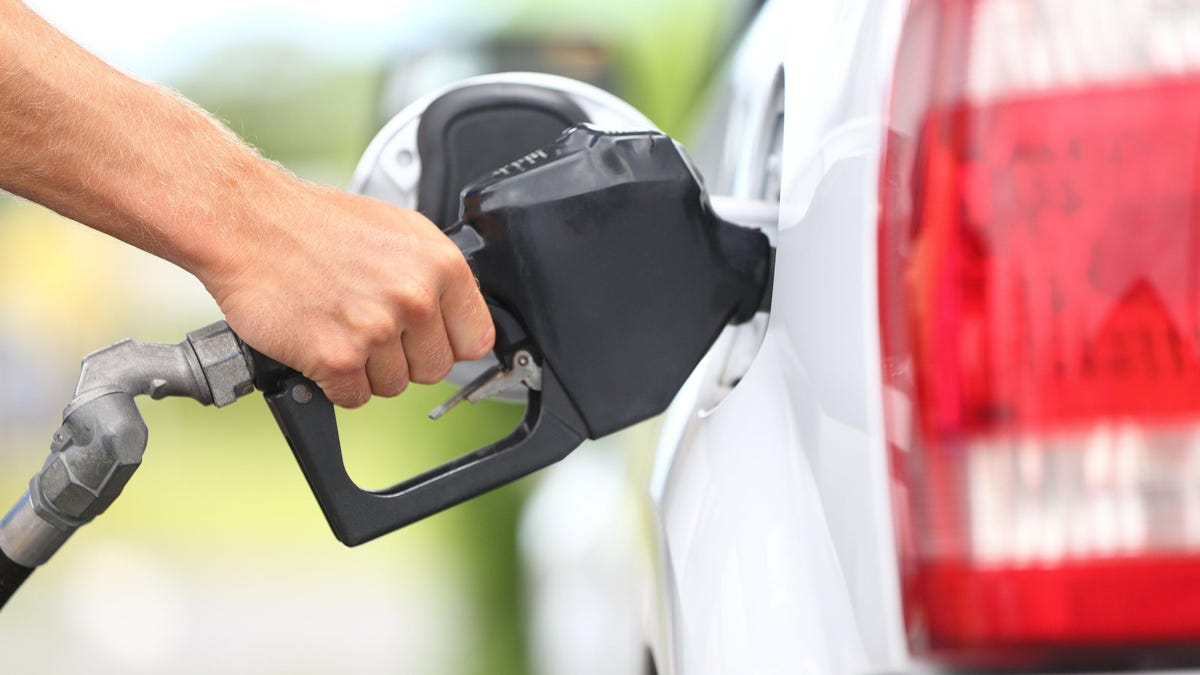Last month, the police department of Lower Marion, Pennsylvania—located just north of Philadelphia—issued a warning to residents about a new scam. But unlike those that take place online, this scam happens in real-time and in person: More specifically, at the gas station. Here’s what to know about so-called “pump switching,” and how to avoid it.
What is ‘pump switching’?
In the early days of automobile travel—as well as in present-day New Jersey—gas station employees, known as “attendants,” pumped gas for customers. While some gas stations still offer full-service filling, doing your own pumping is now the norm.
For this reason, if a person were to approach you at a gas station offering to do it for you, it could be jarring—especially since, according to the Lower Marion Police Department, pump switching suspects “are often very aggressive and outright refuse the victim’s attempts to deny assistance.”
Police reports indicate that the scam typically plays out in one of two ways:
1. A customer uses their credit card to pay at the pump. The scammer offers—or aggressively insists—to pump their gas for them, or return the nozzle to the pump if they’re finished. Instead of putting the nozzle back, they use it to fill their own vehicle with gas on the other person’s dime.
2. It starts the same way as the first scenario, except the scammer doesn’t replace the nozzle after filling up their own vehicle. Instead, they keep it active, and offer to pump gas for other customers, and request that they pay for their fuel in cash. The scammer pockets the cash and the original customer pays for it all.
How to avoid pump switching scams
It’s unclear how common pump switching scams actually are outside of Pennsylvania, but it can’t hurt to have on your radar. Fortunately, avoiding the scam is pretty straightforward.
First, unless you intentionally go to a full-service station, or are getting gas in New Jersey, don’t let random strangers pump your gas. Always return the nozzle to the pump yourself to end the transaction, and wait for the screen to ask if you’d like a receipt.
The police recommend actually getting a receipt as confirmation that the transaction is over, but if you know you’re not going to do that, at least wait for the screen to return to its welcome message with instructions for new customers.
In the event that you or someone you know experiences this type of scamming at the pump, here’s what to do, according to Det. Sgt. Michael Keenan of the Lower Marion Police Department: “Pull off to a safe distance. Call 911 if you’re close by or near the gas station. Wait for someone to get there, point out who took your gas handle or who you think is scamming you.”

